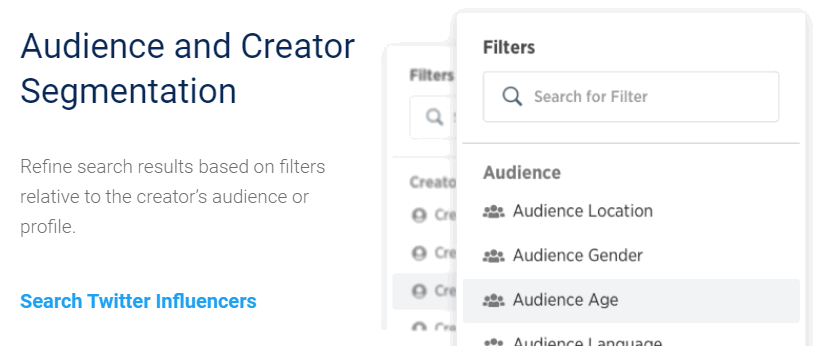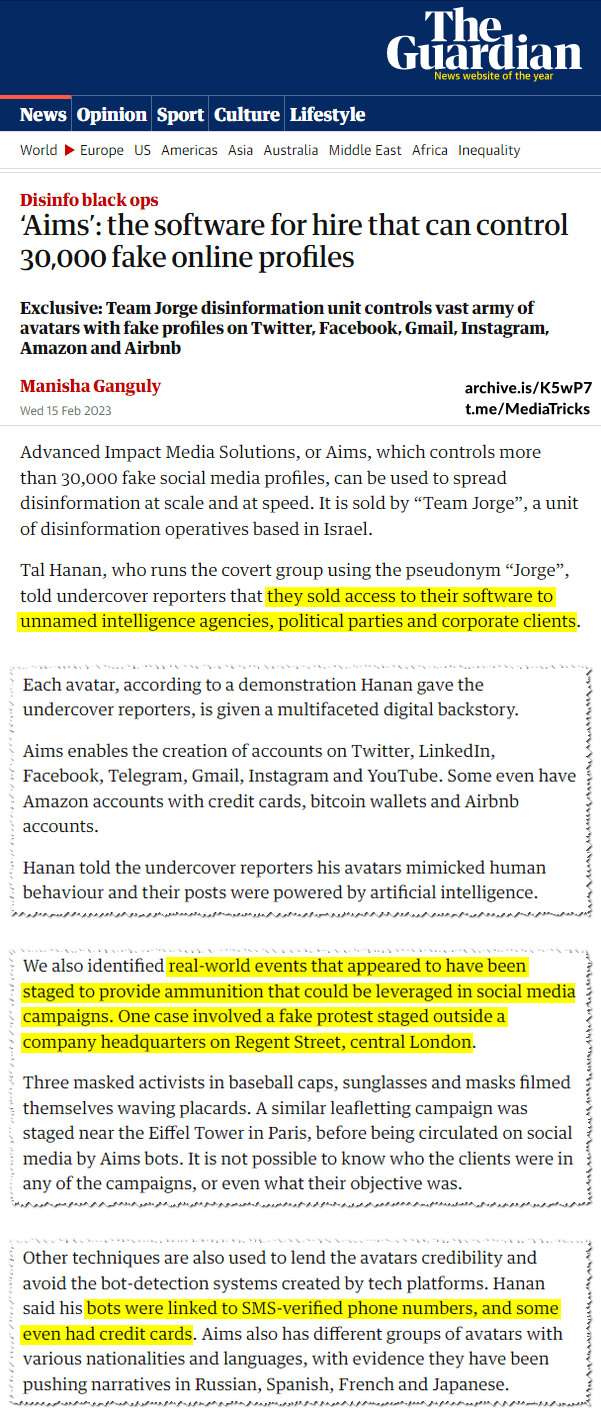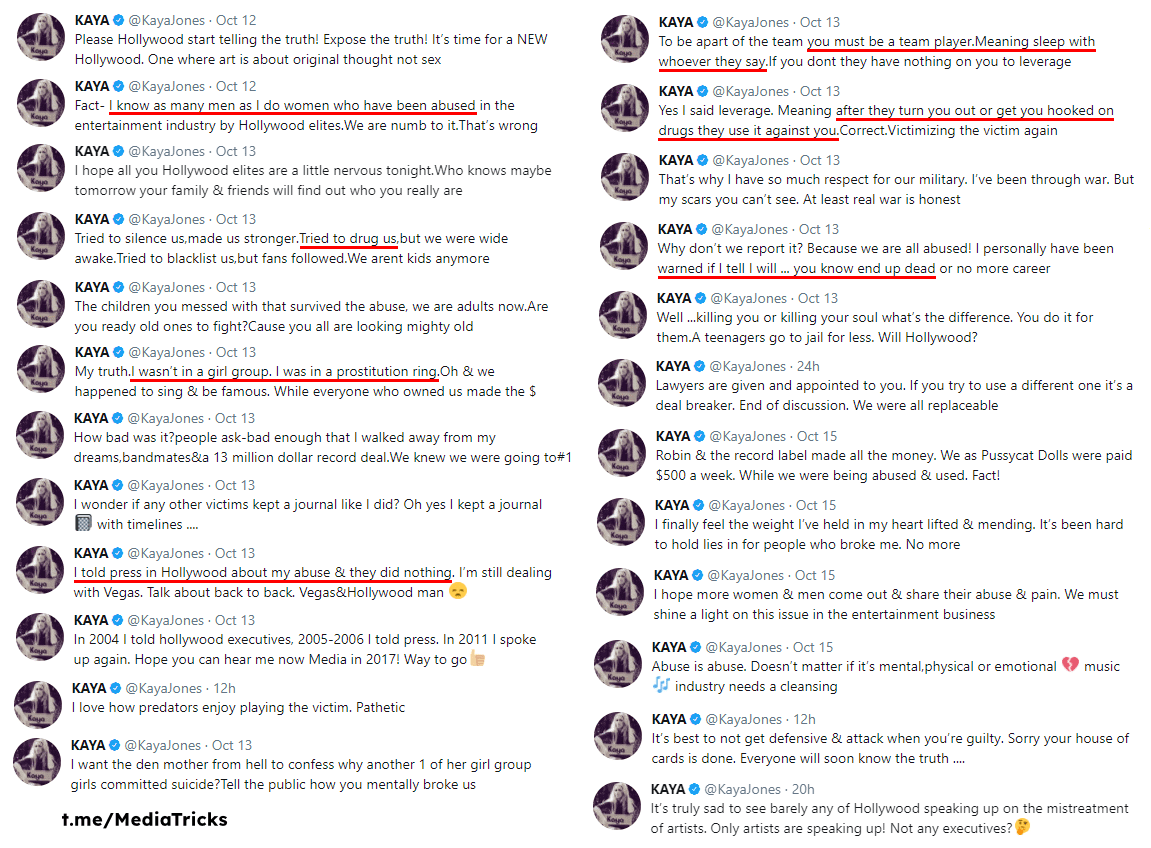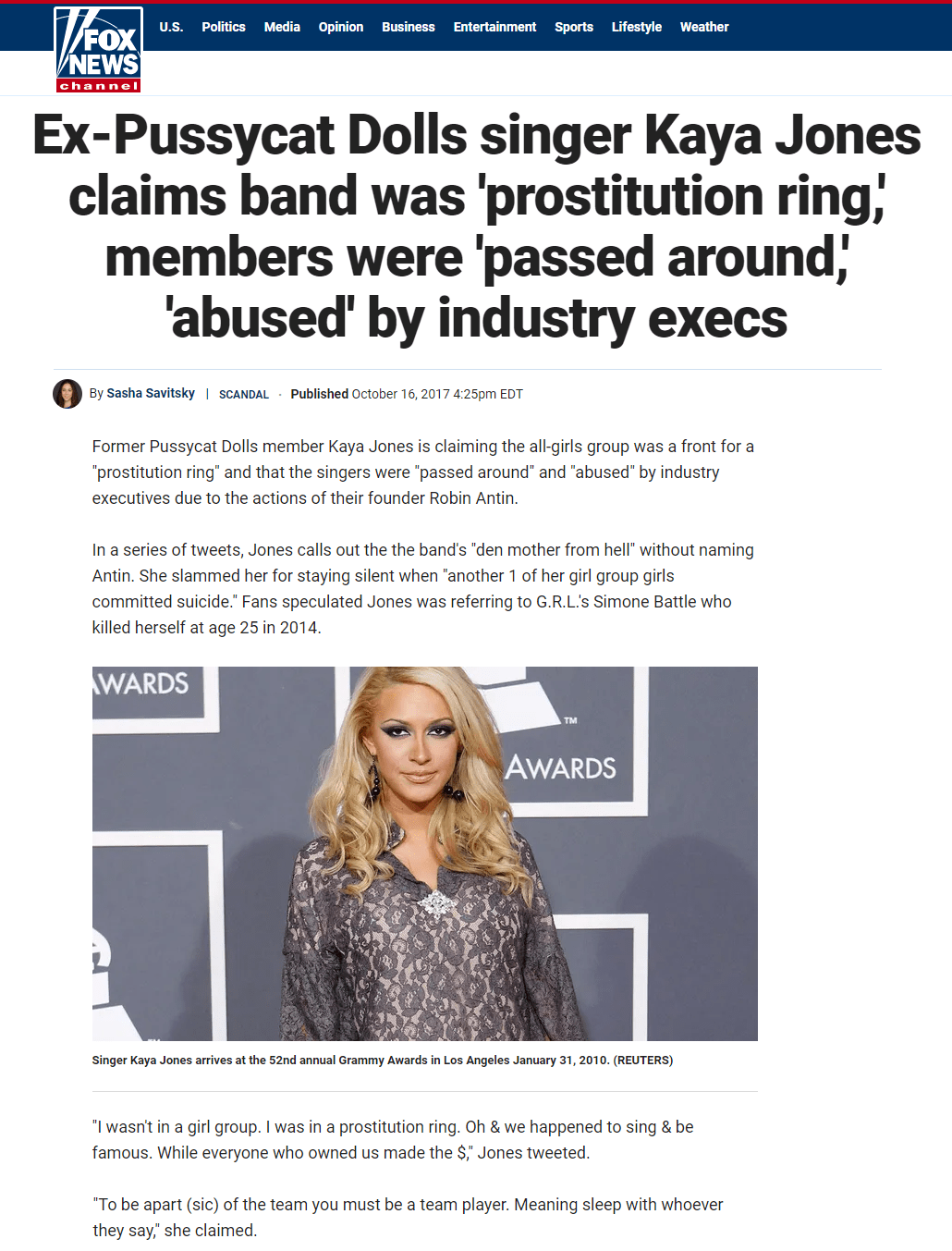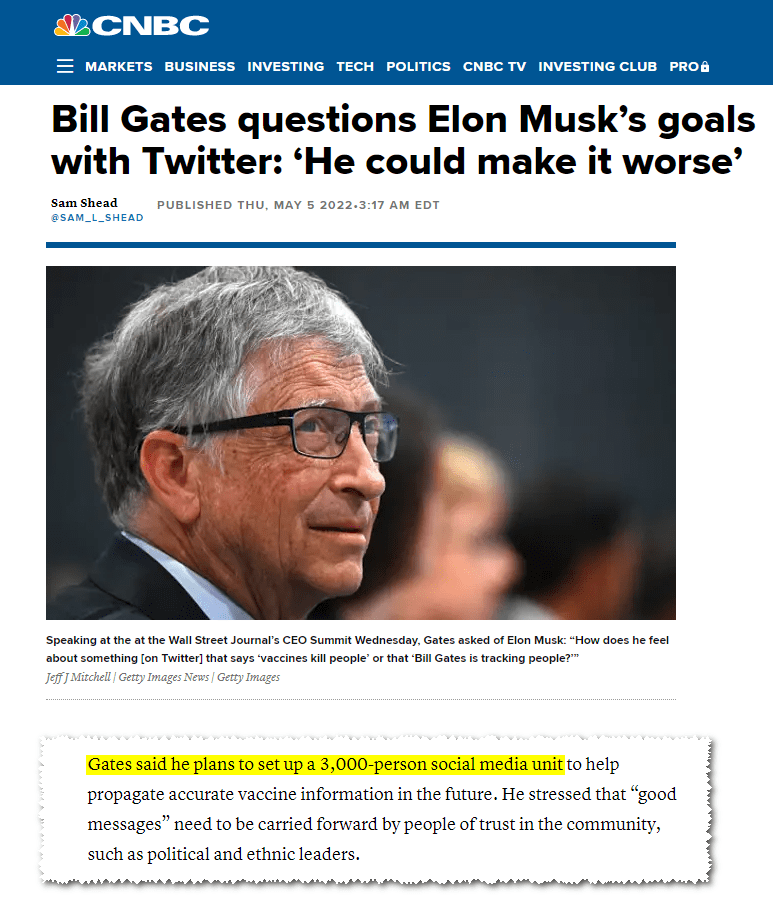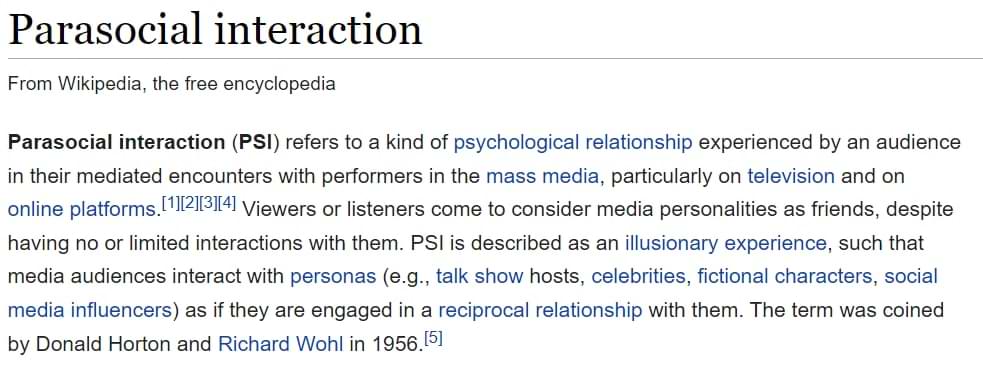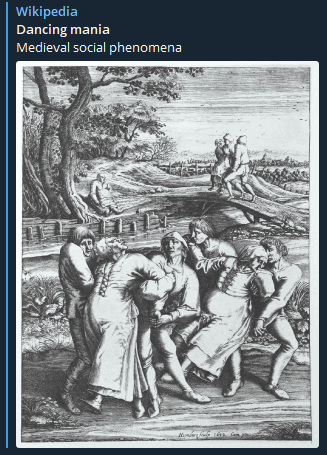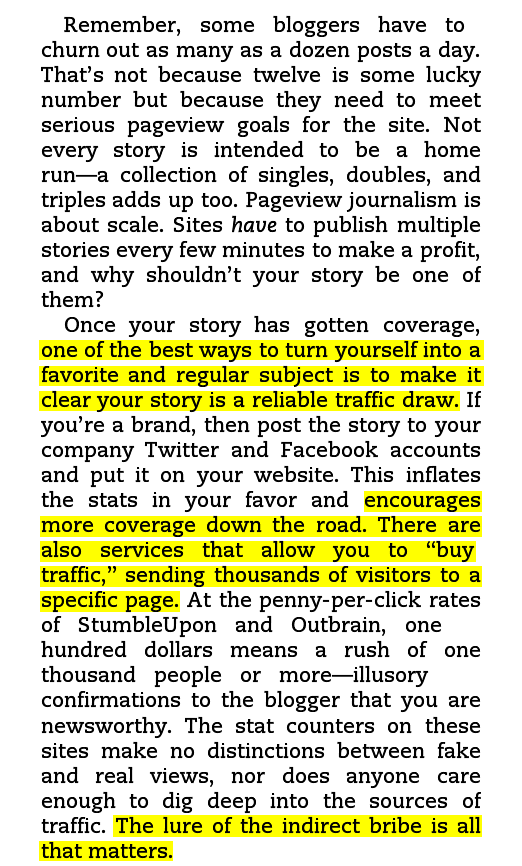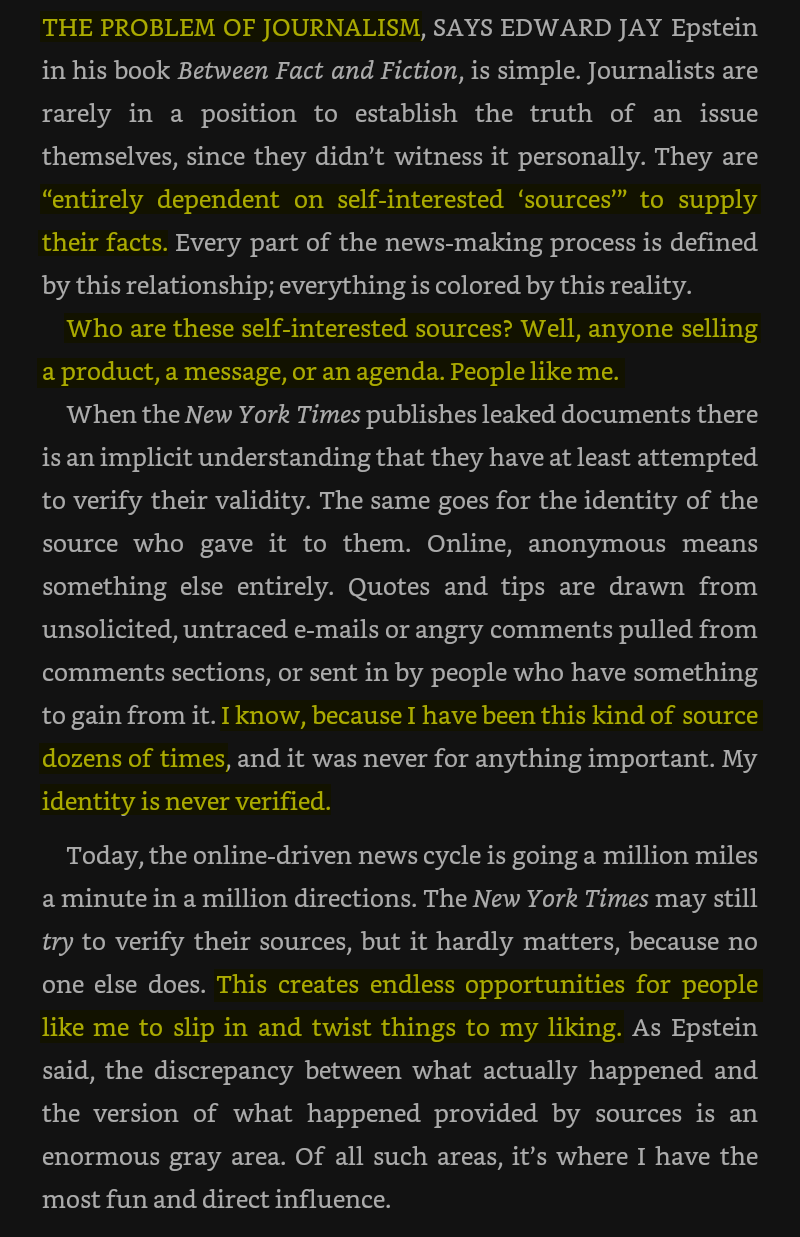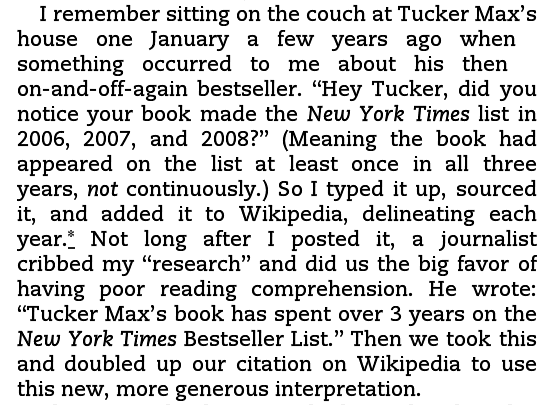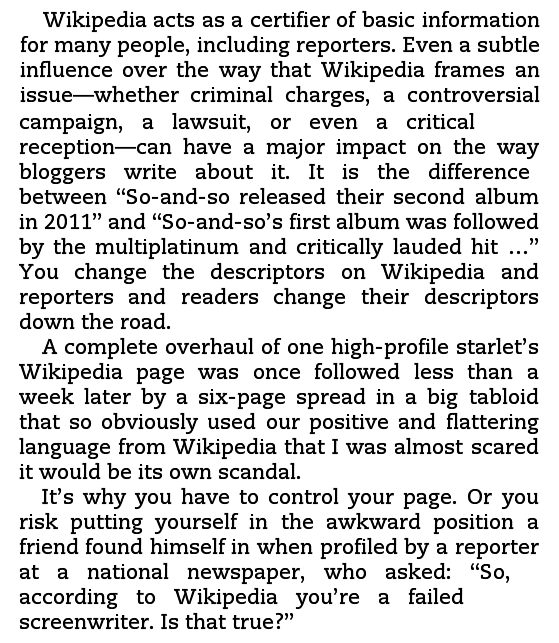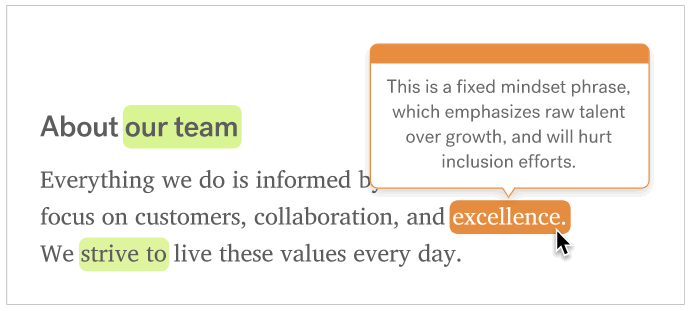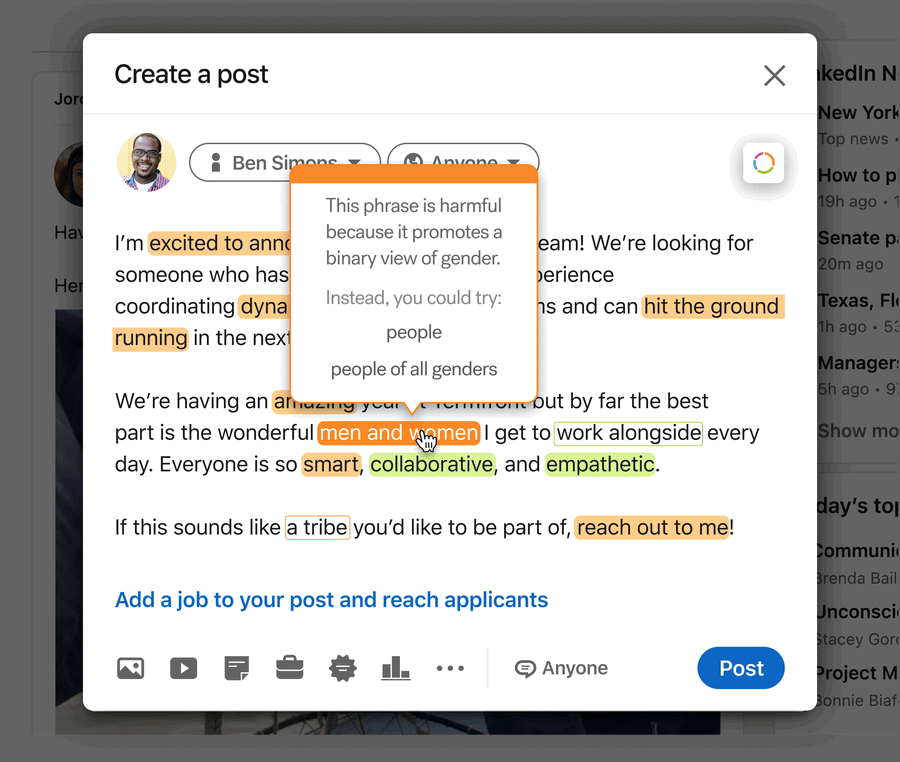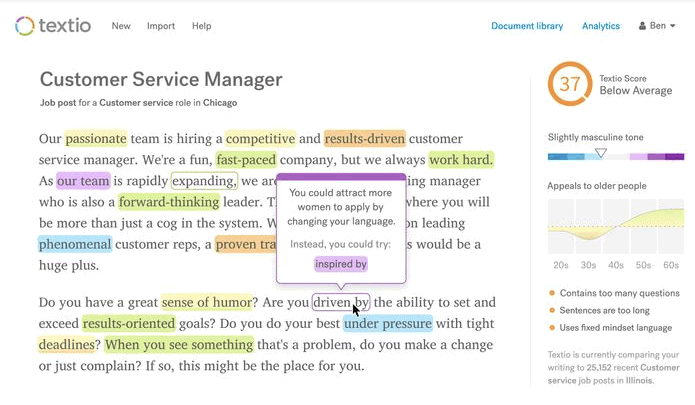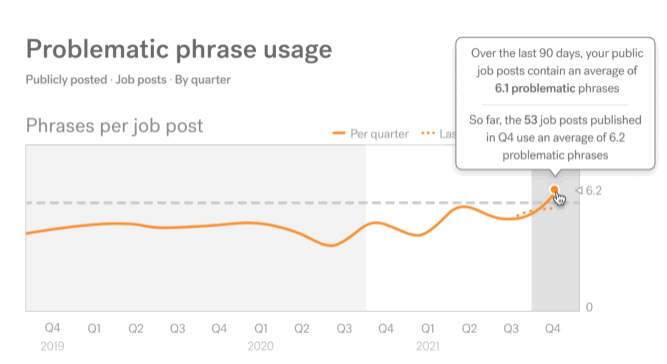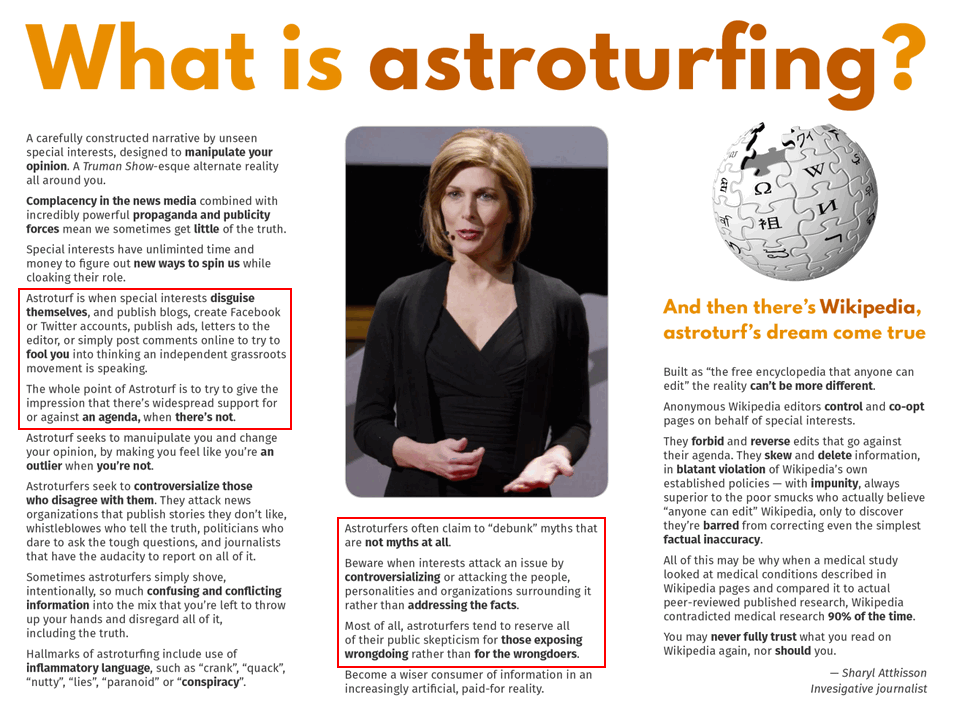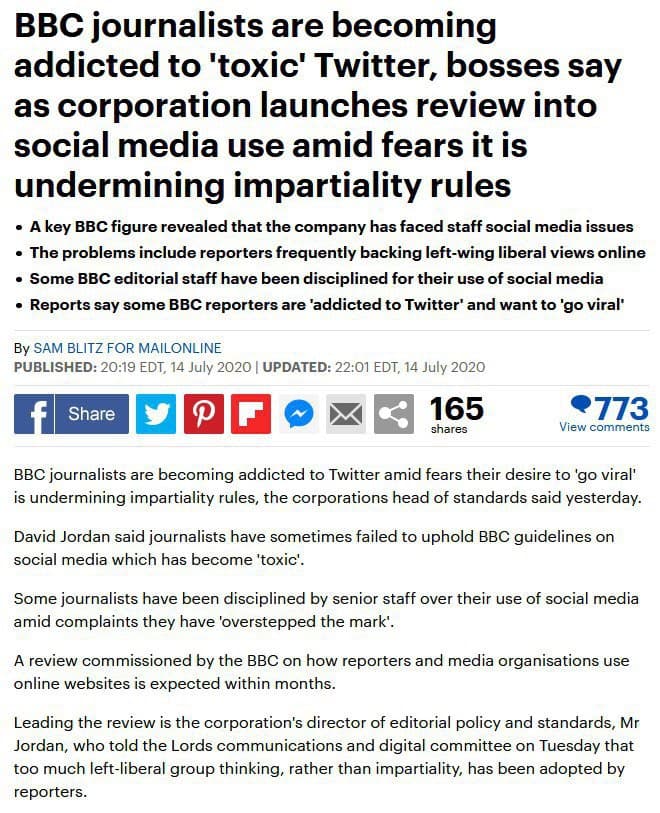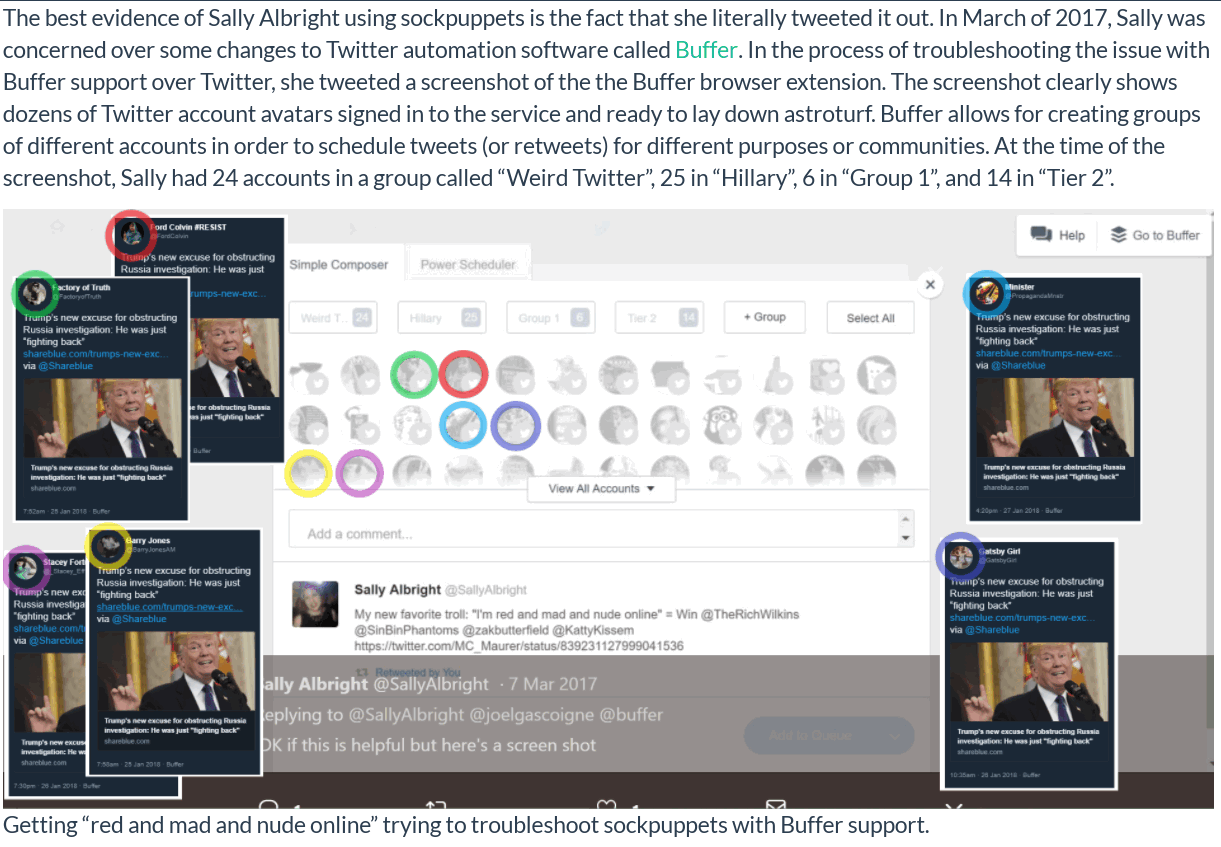Influencers
Researchers discover Google sends fewer ‘Go Vote’ reminders to conservatives than to liberals and centrists in swing states, secretly shifting millions of undecided votes leftward
See more posts from this researcher: Dr Robert Epstein
The researcher is a Democrat, a Hillary voter, and he has had enough of Big Tech monopolies manipulating the results of elections.
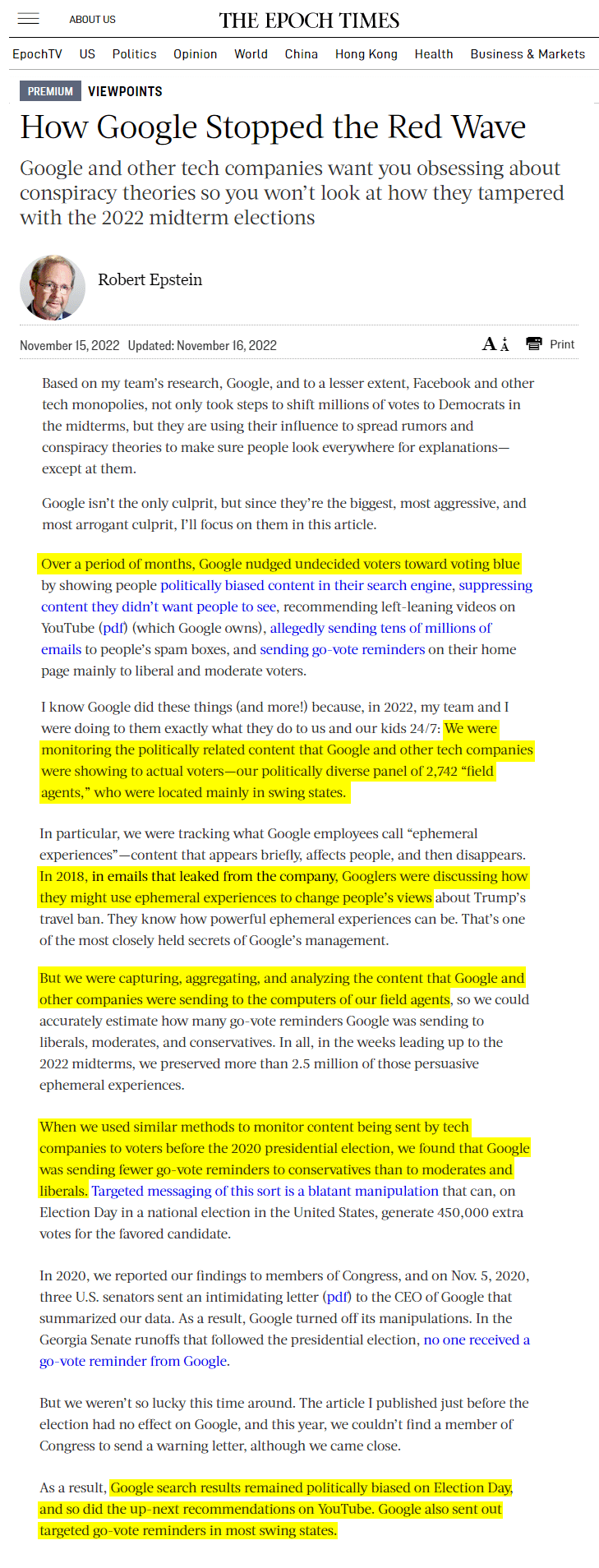
Source: https://archive.ph/mQ9kp
The Persuasive Power of Dissenting Comments
This is why news sites deleted all their comment sections. This is why they censor you on social media. This is why companies and campaigns hire content farms to bury dissent beneath a flood of approval.
They know the research shows dissenting comments reduce the persuasiveness of their propaganda, while likes and approving comments have no such persuasive power.
- Dissenting comments are more persuasive than high numbers of likes.
- Dissenting comments reduce the persuasiveness of news article content.
- Comments in agreement with article content have no such persuasive impact.
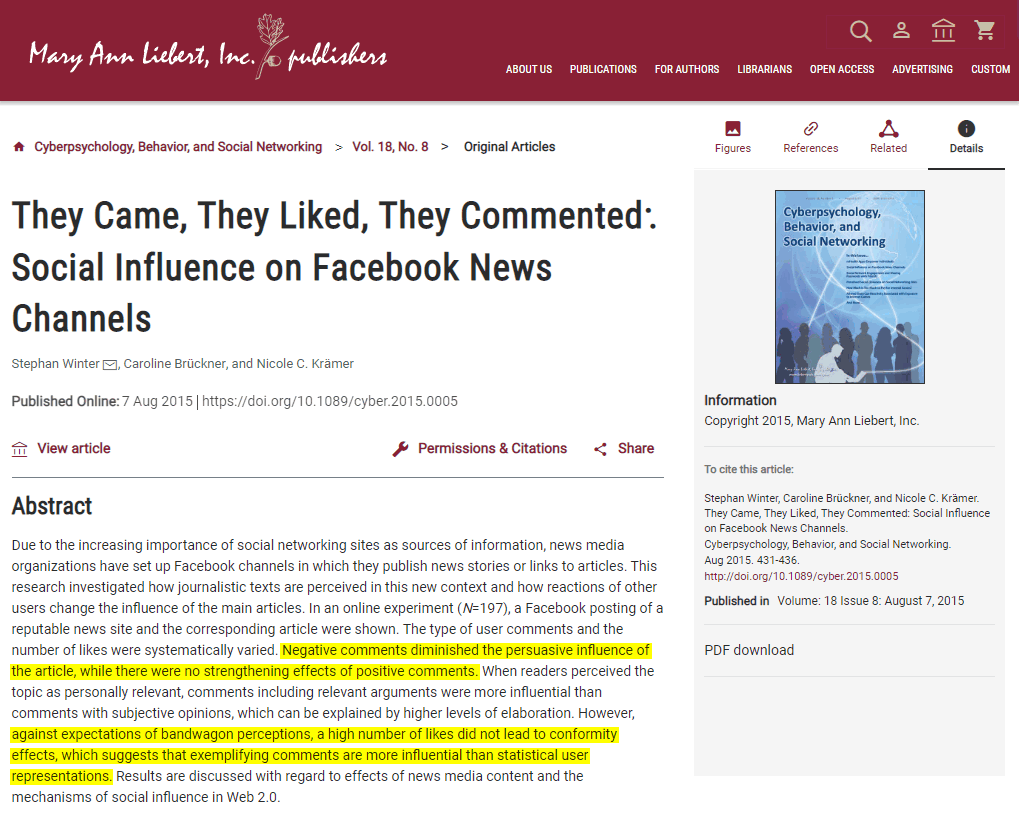
Ex-Pussycat Dolls singer says band was prostitution ring, members were passed around, abused by industry executives — Says Hollywood journalists refused to run her story
Bill Gates says he’s building a 3000-person team to spread his propaganda on Social Media
Facebook reveals how Instagram is turning teen girls insane
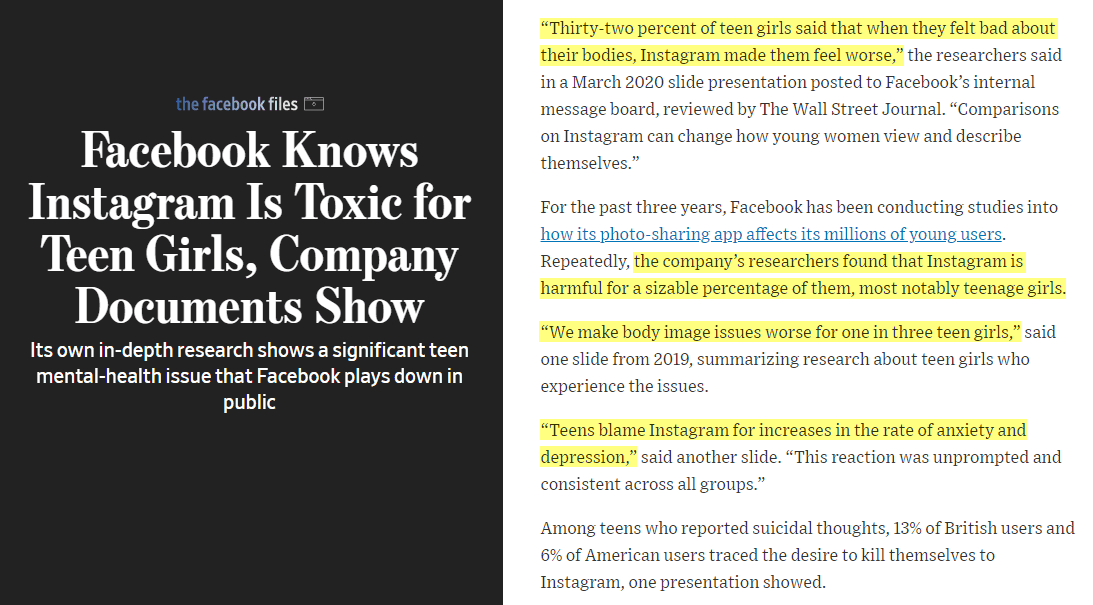
Source: https://archive.ph/LH7PQ
Parasocial Interaction: Redditor thinks Marvel characters control global politics
Dancing Mania and other social contagions
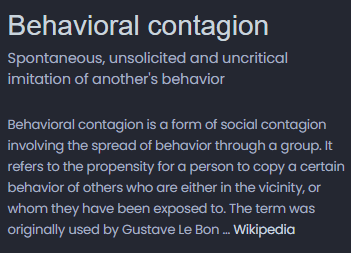
Dancing mania (also known as dancing plague) was a social phenomenon that … involved groups of people dancing erratically, sometimes thousands at a time … until they collapsed from exhaustion and injuries.
![The outbreaks of dancing mania varied, and several characteristics of it have been recorded. Generally occurring in times of hardship, up to tens of thousands of people would appear to dance for hours, days, weeks, and even months.
Women have often been portrayed in modern literature as the usual participants in dancing mania, although contemporary sources suggest otherwise. Whether the dancing was spontaneous, or an organized event, is also debated. What is certain, however, is that dancers seemed to be in a state of unconsciousness and unable to control themselves.
In his research into social phenomena, author Robert Bartholomew notes that contemporary sources record that participants often did not reside where the dancing took place. Such people would travel from place to place, and others would join them along the way. With them they brought customs and behaviour that were strange to the local people. Bartholomew describes how dancers wore "strange, colorful attire" and "held wooden sticks".
Robert Marks, in his study of hypnotism, notes that some decorated their hair with garlands.[7]: 201 However, not all outbreaks involved foreigners, and not all were particularly calm. Bartholomew notes that some "paraded around naked" and made "obscene gestures". Some even had sexual intercourse. Others acted like animals, and jumped, hopped and leaped about.
They hardly stopped, and some danced until they broke their ribs and subsequently died. Throughout, dancers screamed, laughed, or cried, and some sang. Bartholomew also notes that observers of dancing mania were sometimes treated violently if they refused to join in. Participants demonstrated odd reactions to the color red; in A History of Madness in Sixteenth-Century Germany, Midelfort notes they "could not perceive the color red at all", and Bartholomew reports "it was said that dancers could not stand... the color red, often becoming violent on seeing [it]".](https://mediatricks.org/wp-content/uploads/2022/03/dancing-mania.png)
Imagine the spread of dysfunctional social contagions now that social media has burst onto the scene..
Publicists buy fake web traffic to pump up the stats of any publicity the media gives their clients
Media Pretends Putin Killed a Woman in a Suitcase, Instead of the Boyfriend Who Confessed
Girl who “slammed” Putin a year ago was strangled to death by her ex-boyfriend.
The media sloppers know most people only read headlines, and hardly any read the small print. So, let’s just blame Putin.




If they are willing to lie about something as obvious as this, what wouldn’t they lie about?
The propaganda machine pushes hoax after hoax, day after day. They are in the business of perception control, not honest reporting. Information suppression and perception control. Oh well, it’s a good job hardly anyone trusts them anymore.
Buying followers is cheaper than you think
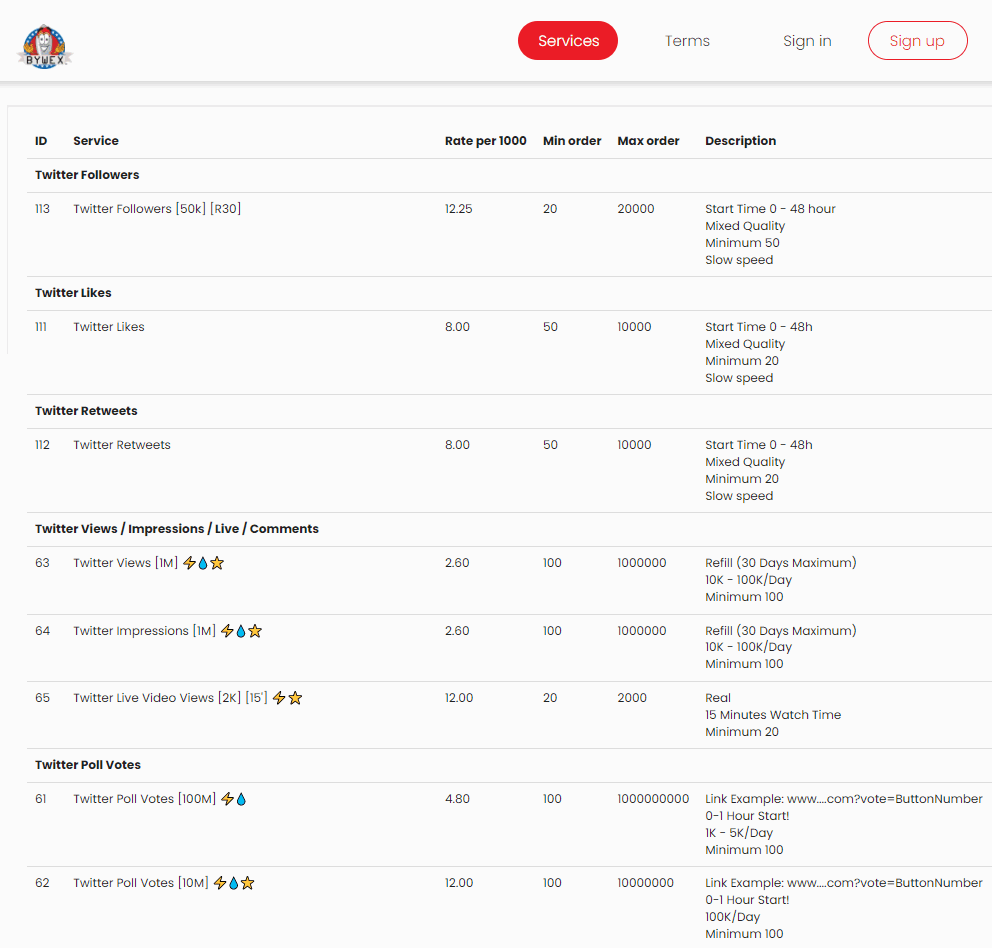
You can even buy fake YouTube livestream viewers, and many other things.
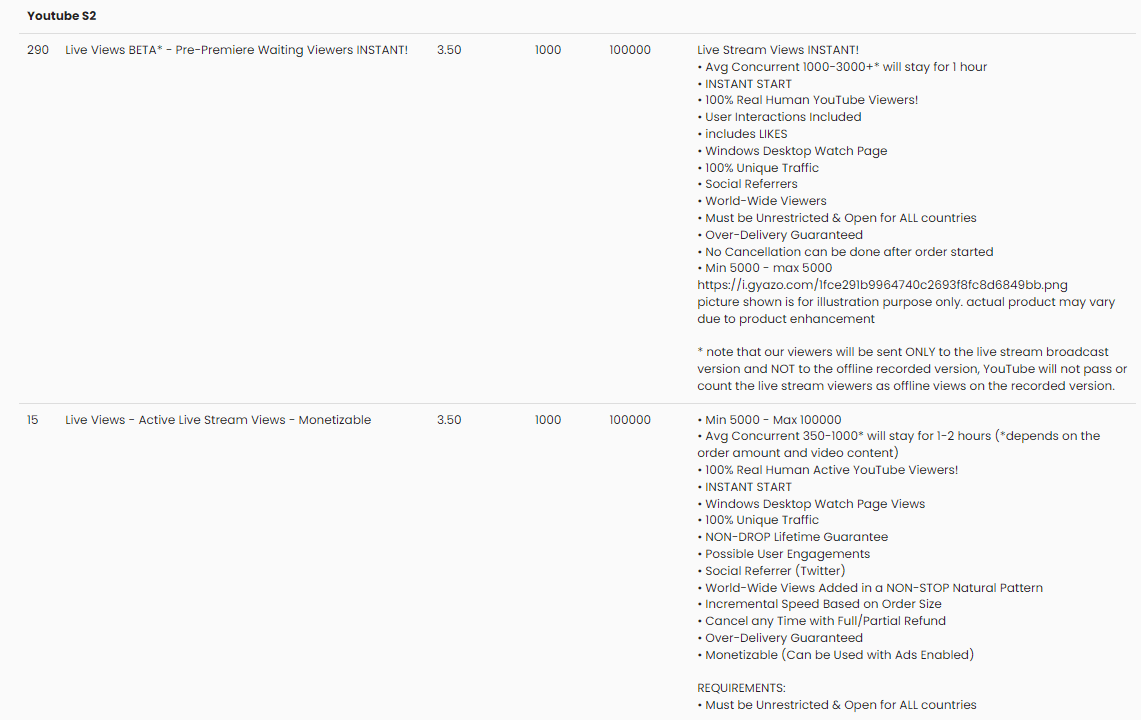
You can see the other Scam Tricks they sell here:
https://smm.bywex.com/services
A Media Manipulator reveals the scam of “sources”
How Publicists Manipulate Journalists to Control Wikipedia
Celebrities and influencers will tweet your words for money and you can hire them easily
SponsoredTweets.com has got you covered.
Money talks… using celebrity mouths

